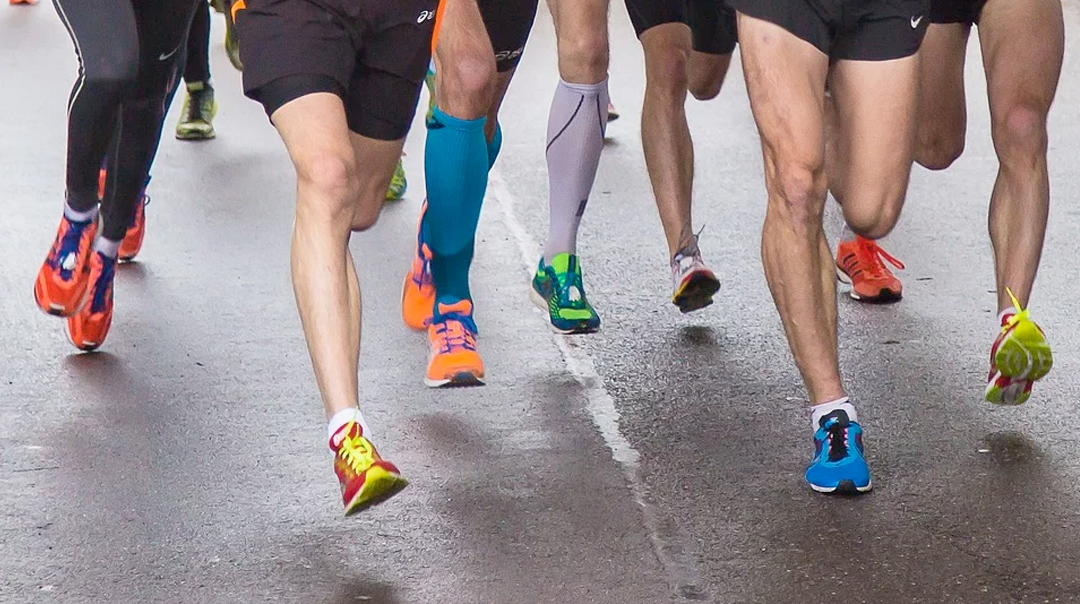Ottawa Race Weekend is coming up soon, and avid recreational runner Dr. Chad has learned many lessons through running. His personal experience, combined with his education as a Chiropracter and Massage Therapist make him a great resource. As such, he’s put together some useful tips for everyone participating in Canada’s largest running weekend.
Running Injury Prevention tips:
It has been said, and I believe rightfully so, that we as humans are born to run. Yet, we also know that injuries are almost epidemic among modern runners. How can we avoid such injuries? Well, here are a few tips to try and minimize injury risk and help keep you running for years to come.
1. Be patient – this is by far the most important and hardest tip to follow. Keep the big picture in mind. Many of the adaptions our bodies make to running are slow processes; bones grow stronger, ligaments and tendons thicken, heart chambers enlarge. These things take years to develop and are patient progress is key to injury prevention.
2. Listen – tune in, not out when you run. Pay attention to the signals your body is sending you. Pain is not to be ignored. Change something in response to pain, be it pace or gait. If it doesn’t go away-call it a day.
3. Warm up / cool down – every runner should have a warm up/cool down routine. Dynamic form drills and a couple of minutes running on the spot allow your muscles time to warm up before you go. At the same time spend a few minutes stretching out and cooling down at the end of each run.
4. Run tall / land soft with quick feet – it is true that running form is highly individual, and no “universal” perfect form exists. However most of us can improve our running form and hopefully minimize injury risk with a few simple pointers. The key I believe is running tall, lengthening through our spine, while focusing on landing with soft, quiet and quick feet. Keep your cadence quick, around 180 foot strikes a minute, which tends to limit over striding and impact.
5. Strengthen your hips – humans have big glutes for a reason. Running power comes from the hips. Weak hips can mean other muscles such as hamstrings or calves have to work harder and are more likely to be strained. Moreover lateral hip strength can help stabilize our knees and minimize knee injuries. Basic body weight exercises like lunges and squats three times a week can be enough.
Are you having trouble with running injuries? Perhaps you are new to running? Book an appointment with Chad and learn more about how you can treat and support your running body!




Recent Comments